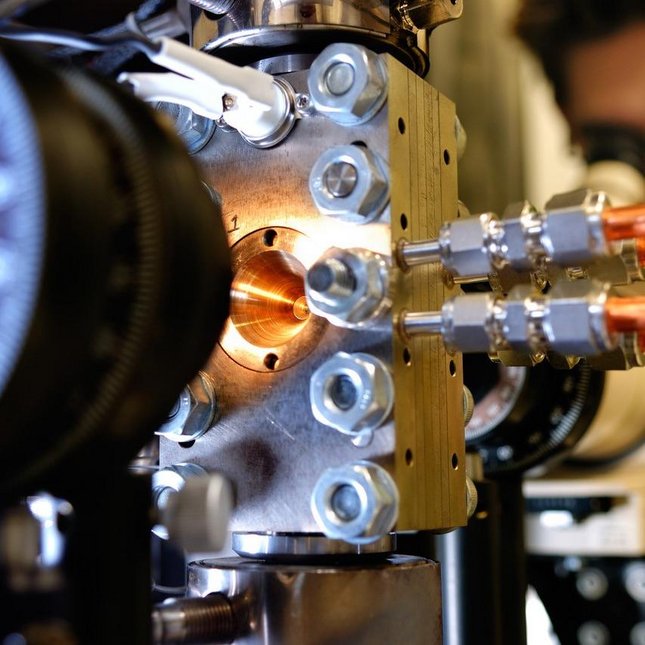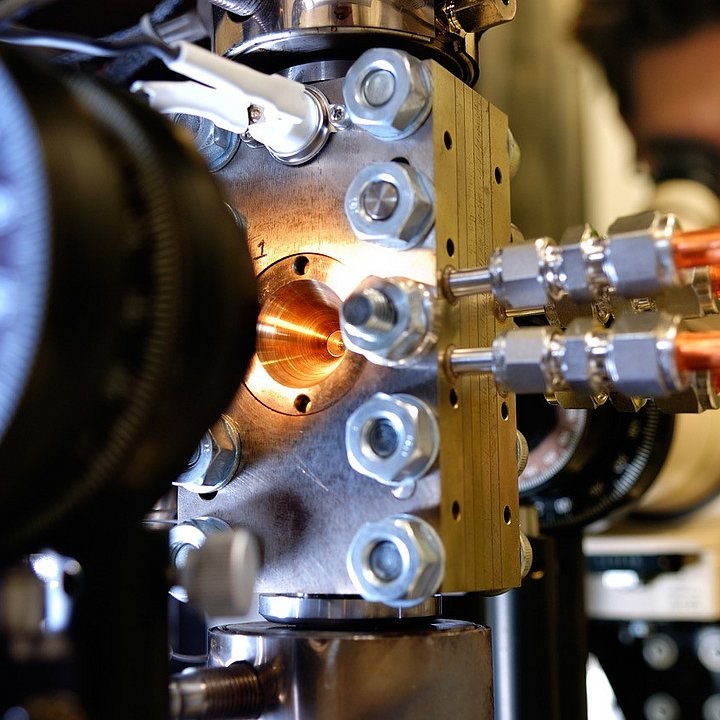
Design of polymer products and shaping processes benefit from a change from experimental trial and error to quantitative predictive capability. The main objective of applied rheology is to provide knowledge and models for the prediction and understanding of structure development during processing and the resulting final properties of polymeric products. These properties are determined by intrinsic (molecular) material parameters and, to a great extent, by the processing conditions. To reach this goal, applied rheology aims at bridging the gap between sophisticated rheological models and reliable and feasible predictive modeling of polymer processing. Examples of topics in this research area are:
1. Non-linear viscoelastic models
2. Flow-induced crystallization in semi-crystalline polymers
3. PVT behavior under high shear and at high cooling rates
4. Developing numerical codes for specific shaping processes
5. Rheology of two-phase flows
Experimental characterization and validation are important issues. For example, data for flow-induced nucleation are not available for most polymers. For validation, specially designed flow cells that mimic processing flow conditions are used in combination with LDA, PIV, FIB and time resolved X-ray scattering. In this way the influence of molecular parameters, such as molar mass distribution and molecular architecture, on flow, nucleation and crystallization behavior of polymer melts can be evaluated.
Design of polymer products and shaping processes benefit from a change from experimental trial and error to quantitative predictive capability. The main objective of applied rheology is to provide knowledge and models for the prediction and understanding of structure development during processing and the resulting final properties of polymeric products. These properties are determined by intrinsic (molecular) material parameters and, to a great extent, by the processing conditions. To reach this goal, applied rheology aims at bridging the gap between sophisticated rheological models and reliable and feasible predictive modeling of polymer processing. Examples of topics in this research area are:
1. Non-linear viscoelastic models
2. Flow-induced crystallization in semi-crystalline polymers
3. PVT behavior under high shear and at high cooling rates
4. Developing numerical codes for specific shaping processes
5. Rheology of two-phase flows
Experimental characterization and validation are important issues. For example, data for flow-induced nucleation are not available for most polymers. For validation, specially designed flow cells that mimic processing flow conditions are used in combination with LDA, PIV, FIB and time resolved X-ray scattering. In this way the influence of molecular parameters, such as molar mass distribution and molecular architecture, on flow, nucleation and crystallization behavior of polymer melts can be evaluated.
